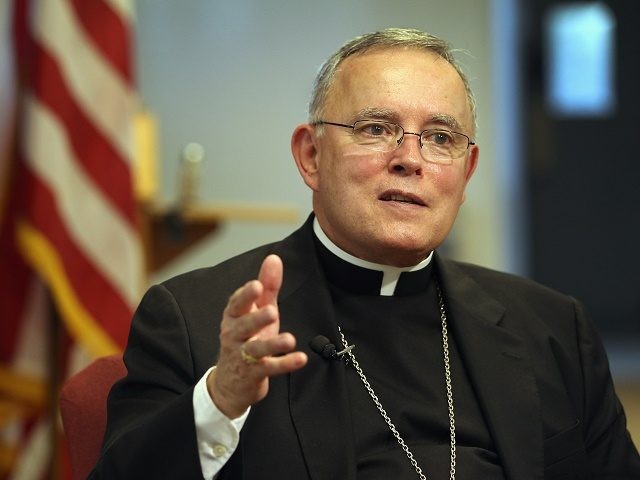Philadelphia Archbishop Charles Chaput said the final document of the concluded Vatican synod of bishops on youth is “frankly inadequate and disappointing on the abuse matter,” an assessment shared by a number of synod fathers.
While there was some good discussion of the issue among the synod fathers, it was “not enough,” Chaput said in his final reflections, and “Church leaders outside the United States and a few other countries dealing with the problem clearly don’t understand its scope and gravity.”
An earlier draft of the final document had adopted a “policy of ‘zero tolerance’” regarding clerical sex abuse but this language was removed from the definitive text, which furthermore offered no concrete new measures to fight the abuse crisis.
“There’s very little sense of heartfelt apology in the text,” the archbishop argued, and laying the blame for the crisis on “clericalism” misses the point, since “it’s by no means the central issue for many laypeople, especially parents.”
A number of analysts of the crisis have begun using the more precise term “homoclericalism,” to capture the specific nature of abuse emanating from a homosexual culture or “network” among clergy and prelates.
A failure to adequately address the matter of clerical sex abuse was not the only problem with the synod’s final document, Chaput noted, even if it is an improvement over the original working document (instrumentum laboris), which was “a collection of dense social science data with very little evangelical zeal.”
The second major point of concern was the matter of human sexuality and sexual morality, he said, and the way basic Christian beliefs about the human person seemed to be put up for reevaluation.
The Church “already has a clear, rich, and articulate Christian anthropology,” Chaput noted, so it is “unhelpful to create doubt or ambiguity around issues of human identity, purpose, and sexuality, unless one is setting the stage to change what the Church believes and teaches about all three, starting with sexuality.”
In his final remarks to the synod assembly, Pope Francis said that accusations against his person represent an attack on the Church itself.
“Because of our sins, the great accuser takes advantage and roams about seeking someone to accuse, as we read in the first chapter of Job,” Francis said.
“Right now, he is accusing us forcefully, and this accusation becomes persecution as well,” he said.
“It is a difficult time because the accuser is attacking the mother through us and the mother should not be attacked,” he said.
In late August, the former papal nuncio to the United States, Archbishop Carlo Maria Viganò, issued an 11-page report alleging that Pope Francis had knowingly rehabilitated McCarrick despite decades of homosexual abuse of priests and seminarians, and called for the pope to resign.
Viganò said that he had personally informed Francis in 2013 of McCarrick’s history of abuse, along with sanctions imposed on his ministry by Pope Benedict XVI, and yet the pope had lifted those sanctions and given McCarrick a role in the naming of future U.S. bishops.
Follow Thomas D. Williams on Twitter Follow @tdwilliamsrome

COMMENTS
Please let us know if you're having issues with commenting.